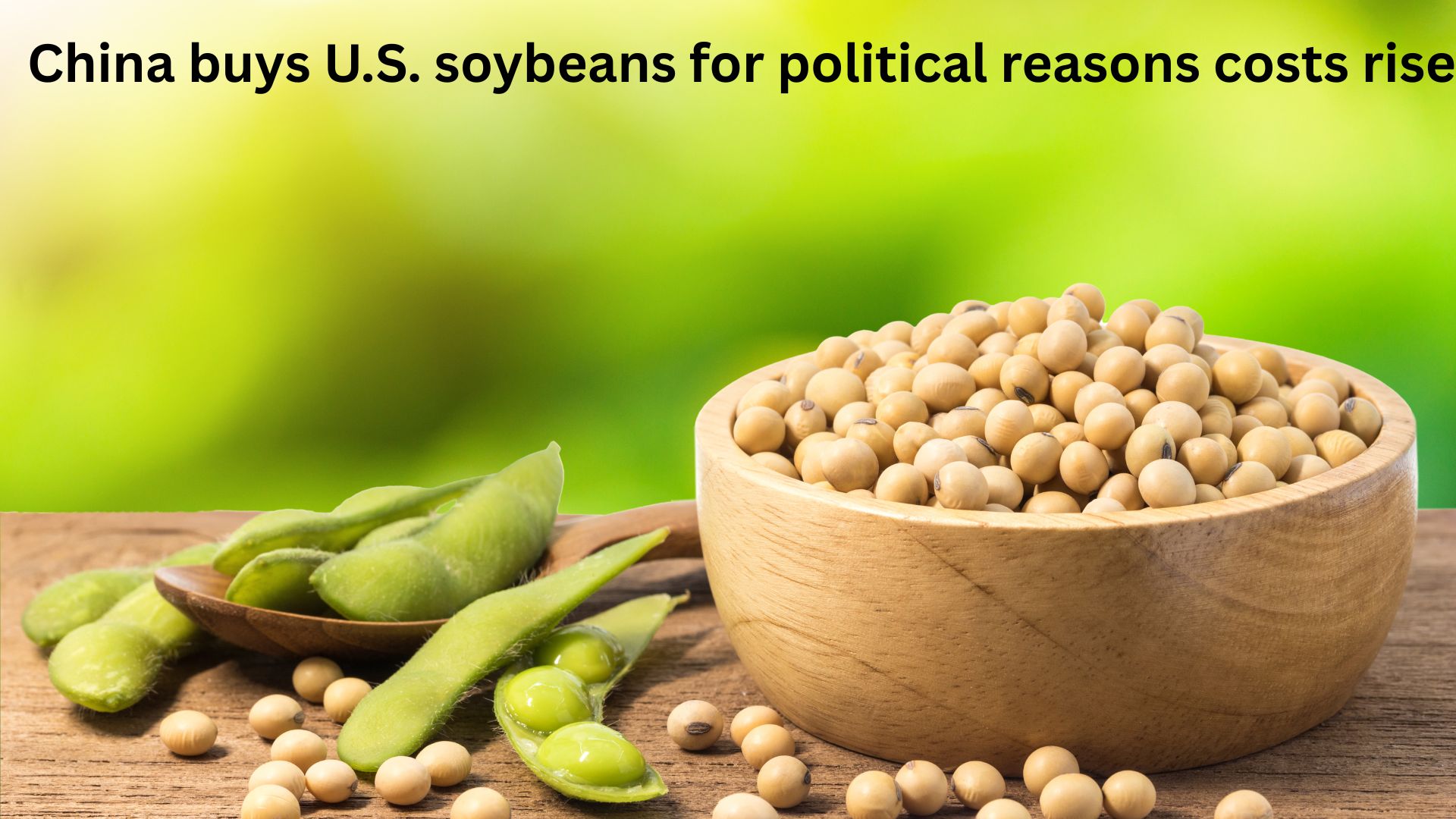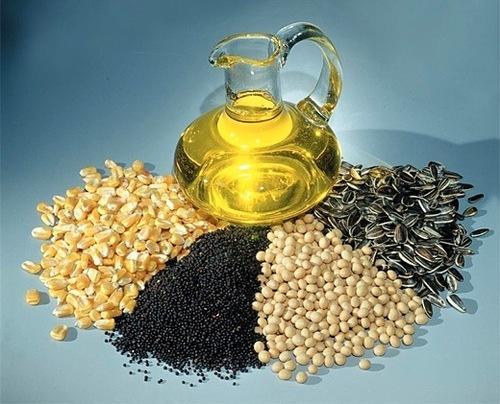Sanjeev Chopra, the Union Food Secretary, claimed that despite slightly higher temperatures, wheat harvests are not anticipated to be harmed and exuded confidence in producing a record-breaking 112 million tonnes during this crop year that ends in June. The secretary declared that the wheat export embargo will remain in effect, increasing the supply of grains available for government purchases. In the marketing year 2023–2024, he predicted that the government will buy about 35 million tonnes of wheat (April-March).
The majority of wheat procurement, a significant rabi crop, happens between April and June. Chopra predicted that after the arrival of the next harvest, wheat prices will continue to decline. According to the second advance estimates from the agriculture ministry, he was optimistic that he would reach the anticipated 112.18 million tonne output in this crop year. Due to a heat wave in some important producing states, India’s wheat production decreased from 109.59 million tonne in the previous crop year to 107.74 million tonne in the 2021–22 crop year (July–June).
“At this time, the weather is not bad. Despite the fact that it is 3–4 degrees Celsius above usual, the wheat won’t be negatively impacted by the temperature “said Chopra. Whether the government’s decision to sell 5 million tonnes of wheat on the open market had any effect on retail prices, Chopra claimed that rate had decreased by about 10%. According to him, after the start of the Open Market Selling Scheme (OMSS) on January 25, the modal price of wheat at the mandi level has decreased to Rs 2,300 per quintal from Rs 2,800 per quintal. Prices are based on wheat from the previous season that is currently on the market.
The government has set a target of 34.1 million tonnes of wheat for the marketing year 2023–2024, according to the secretary. Hence, 341 lakh tonne (34.1 million tonne) “should provide us a very secure position with reference to our stocks,” the man said. In response to a question regarding the government’s reduced aim, Chopra stated that the average amount of wheat purchased has been 35 million tonnes. In the marketing year 2021–2022, the Center purchased around 44 million tonne, but in 2022–2023, that number dropped to over 19 million tonne.
The National Food Security Act (NFSA) and other social programmes call for the government to purchase about 1.5 million tonnes of food per month. The secretary responded to concerns that wheat prices would fall below MSP if new crops hurt farmers’ interest by decreasing their profitability. There is currently no proposal to ease the prohibition on broken rice, according to the secretary, and the government will decide whether to allow exports once it is confident in the safety of the country’s food supply.

